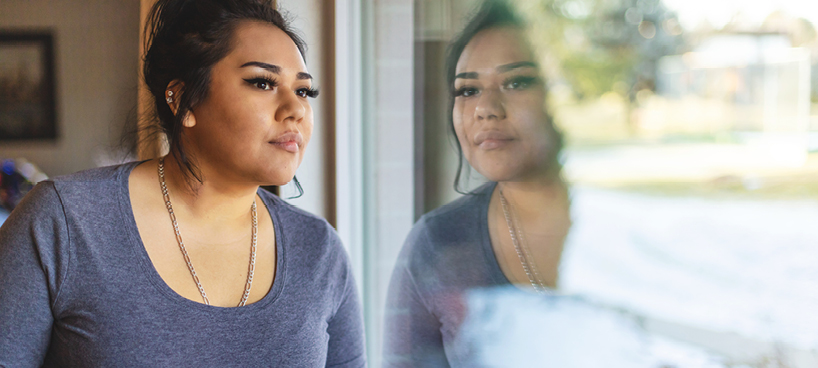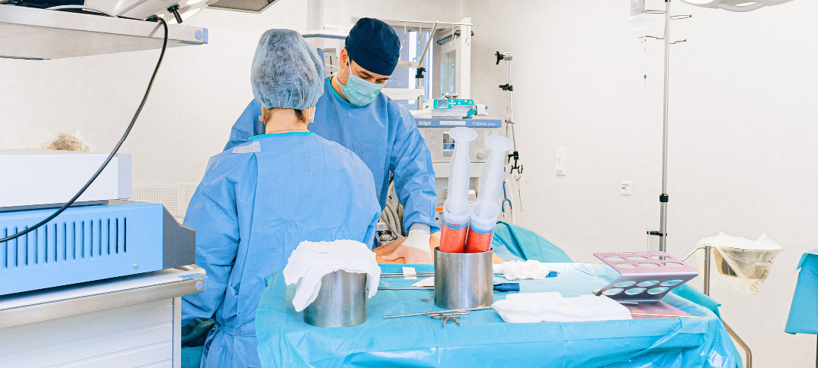Call our Cosmetic Surgery Hotline
Our Cosmetic Surgery Hotline, 1300 361 041, is where patients can tell us about their bad experiences. A specialised team is here to listen Monday to Friday 9am–5pm AEST. Concerns can be lodged confidentially so the practitioner will not know the name of the person who complained. You can also submit a concern online.
Don’t let what happened to you happen to someone else. Report your bad cosmetic surgery experience and help protect others.
Non-surgical cosmetic procedures

PUBLIC SAFETY
Non-surgical cosmetic procedures
Keep up to date with the latest information for non-surgical cosmetic procedures.
Cosmetic surgery

REGISTRATION
Establishing an endorsement for cosmetic surgery
Cosmetic surgery reform is underway, which will establish higher professional standards.

PUBLIC SAFETY
What to ask before cosmetic surgery
Advice about how to choose a qualified practitioner, what to expect in your appointments and the questions you should ask about safety.

PUBLIC SAFETY
What to do if surgery goes wrong
Find out where you can report a bad experience with cosmetic surgery.

PRACTITIONER SUPPORT
Practitioners can help make practice safer
Reporting unsafe practice and knowing which guidelines apply.


